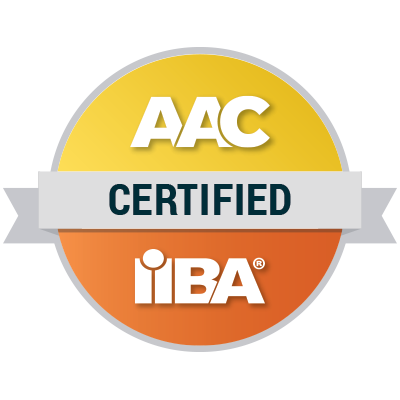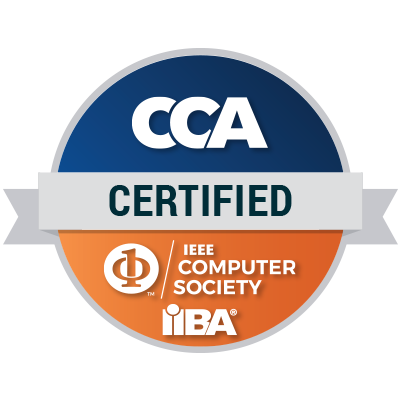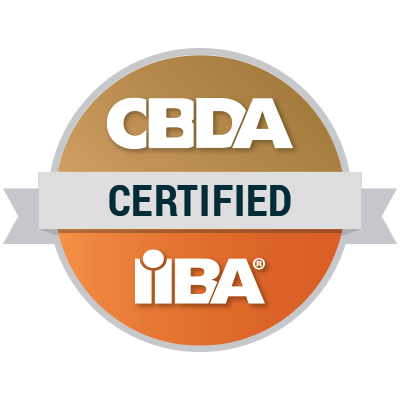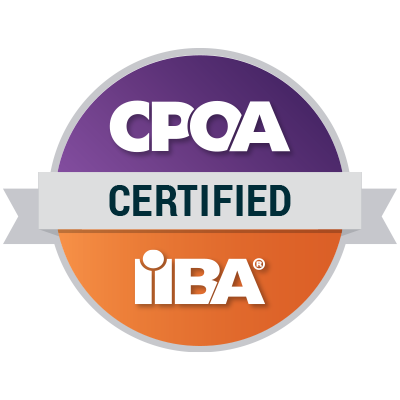In-Demand Business Analysis Skills for 2021
Receive free IIBA updates and exclusive content!
2021 is likely to be a wild ride for both business analysis professionals and their employers and clients. However, the right business analysis skills can help those who practice analysis be much more effective in their roles this year. Analysts will need both hard and soft business analysis skills to succeed in their field during this challenging time.

The top technical business analysis skills professionals should develop in 2021
First and foremost, business analysis professionals should have the technical skills necessary for accurate and impactful analysis. There are several technical skills that all analysts should develop this year, as cited in the blog article Business Analyst Jobs 2021 Skills Required, Salary Trends & Roles. The skills mentioned include:
- Statistical analysis software (e.g. R, SAS, SPSS, or STATA)
- SQL databases and database querying languages
- Programming skills such as Python and R
- Survey/query software
- Business intelligence and reporting software
- Data mining
- Data visualization
- Database design
“Business analysts need to know how to pull, analyze and report data trends, and be able to share that information with others and apply it on the business side,” stated CIO. The skills mentioned above will help them perform these tasks.
Business analysis professionals can acquire the technical skills they need by earning BA certifications, as well as IT certifications, although many analysts already have a background in IT. However, “Not all business analysts need a background in IT as long as they have a general understanding of how systems, products and tools work,” added the contributor to CIO.
This soft skill helps analysts facilitate digital transformation
While it’s critical that those who practice analysis have solid technical skills, they should also possess soft skills. One grouping of soft skills they will need this year is facilitation skills. This is because in 2020, digital transformation was sped up greatly by the COVID-19 pandemic. “The rapid spread of technology accelerated by the pandemic has led to a pressing need for businesses and governments to adapt,” stated the Harvard Business Review. Many companies are still scrambling to keep up with the increased rate of digital transformation.
Facilitation skills will help business analysis professionals keep companies on track with their digital transformation strategies. Such skills enable analysts to empower companies to drive their own digital transformation successfully.
Indeed.com described facilitation skills as “the abilities you use to provide opportunities and resources to a group of people that enable them to make progress and succeed. Some examples include being prepared, setting guidelines, being flexible, active listening and managing time.”
To develop facilitation skills, business analysis professionals should encourage ideas from a variety of employees and key stakeholders, read books on conflict resolution, and learn to maintain neutrality.
Can analysts get the skills 2021 calls for from a Business Analysis certification?
A direct, sure way business analysis professionals can both gain needed skills and prove that they are proficient in those skills is by earning Business Analysis certifications. Besides developing and proving an individual’s business analysis skills, certifications add weight to an analyst’s resume, increases their income by an average of 16 percent, and provides them with professional development opportunities.
To meet the in-demand technical challenges such as data mining, data visualization, and analyzing and reporting data trends, consider IIBA’s Specialized Business Analysis Certifications. Specialized certifications such as the Certification in Business Data Analytics (IIBA®- CBDA) and the Certificate in Cybersecurity Analysis (IIBA®- CCA) showcase you have some of the most sought-after skills for 2021.
Learn more about IIBA’s Specialized Business Analysis Certifications here.
Continuing Evolution of Business Analysis
The evolution of business analysis professionals into expanding roles depends on a combination of digital skills, business acumen, and targeted knowledge to drive better business outcomes across all industries.
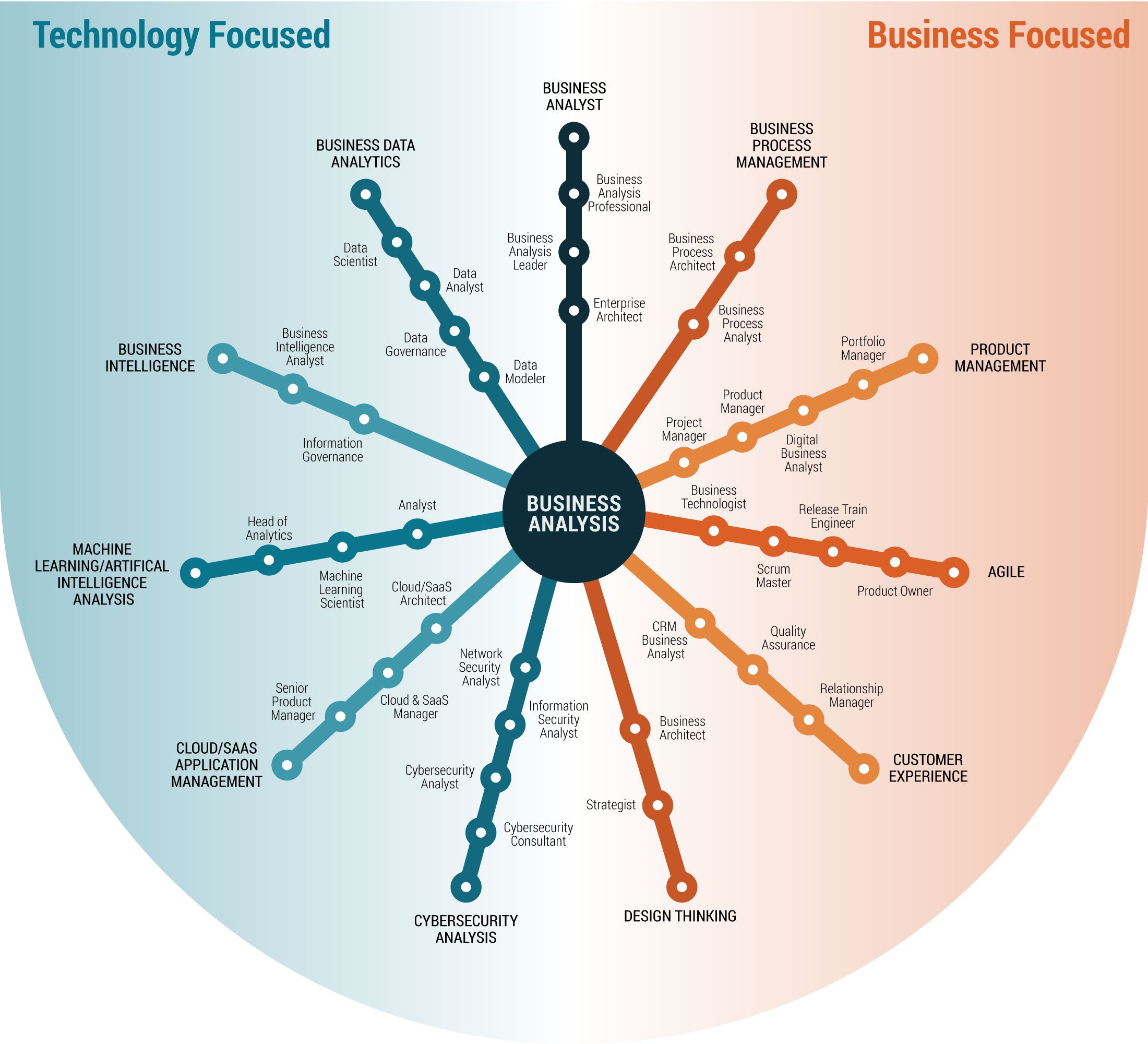
About The Author:

Tiffani Iacolino is a Product Marketing Manager at IIBA® and has 15+ years of marketing experience across the legal, technology, telecommunications, publishing, media, and professional services industries. She’s passionate about delivering meaningful products and solutions to the business analysis community, including IIBA’s latest offering the Cybersecurity Analysis Learning and Certification Program. Hailing from the Greater Toronto Area, she enjoys an amazing cup of coffee, running, and yoga -- between chasing her two adorable children!

